Understanding Islam: A Comprehensive Overview
Introduction
In a world marked by diverse belief systems and religions, Islam stands out as a faith that emphasizes the worship of the One True God. While many religions claim to believe in a singular deity, Islam uniquely centers its belief and worship around The One, without associating partners or attributes to God. This article provides a comprehensive introduction to Islam, highlighting its core beliefs, the concept of Allah, the significance of the Qur’an, the role of Prophet Muhammad, and the broad concept of worship.
Belief in The One True God in Islam
At the heart of a Muslim’s faith lies the belief in the Oneness of God. Unlike some other belief systems that might associate partners or attributes with their deity, Islam strictly rejects such practices. The act of worshipping or seeking forgiveness through God’s creation, attributing God’s attributes to other beings, or setting up rivals with God contradicts the fundamental principles of Islam.
Understanding Allah
“Allah” is the personal name of the One True God in Islam. Comprised of the Arabic words “Al” (The) and “ilah” (God), Allah is the Only God, unique and without gender or plural form. Muslims hold that Allah is one, without equals, associates, or any human form. Allah is above all comparison and is praiseworthy, merciful, powerful, and just. The concept of intermediaries in worship, like saints or angels, is rejected in Islam, as Muslims have a direct connection to Allah.
The Qur’an: Divine Guidance in Islam
The Qur’an is the literal word of God in Islam, accompanied by the authentic teachings of Prophet Muhammad. Muslims regard it as the primary source of Islamic knowledge. Verses in the Qur’an emphasize the exclusive worship of Allah and the rejection of associating anything or anyone with Him. The Qur’an establishes Allah’s uniqueness, His hearing and seeing capabilities, and the direct connection between Allah and His creation.
Prophet Muhammad: A Messenger
Muhammad (peace be upon him) is the final Prophet in a lineage that includes notable figures like Adam, Noah, Abraham, Moses, and Jesus (peace be upon them all). Muslims do not worship Muhammad; rather, he is considered the Messenger of Allah. Just as past Prophets were sent with revelations, Muhammad was sent with the Qur’an to demonstrate its practical application. His sayings emphasize virtues, humility, and compassion.
Concept of Worship in Islam
In Islam, worship extends beyond traditional rituals. Muslims believe that worship encompasses all actions and intentions that please Allah. Even daily activities can become acts of worship when approached with a sincere intention to seek Allah’s pleasure. Kindness, justice, and helping others are seen as acts of worship. Islam is not merely a religion but a complete way of life that influences every aspect of a believer’s existence.
The Unique Qur’an
Muslims emphasize that the Qur’an exists only in its original Arabic form, and translations are interpretations of its meaning. While other ancient revelations have been altered or lost, the Qur’an remains unchanged, a testament to its preservation.
Conclusion
Islam, with its unwavering belief in The One True God and the teachings of the Qur’an, offers a distinct perspective on faith and worship. Allah, as the central focus of worship, stands apart from any comparison or association. The Prophet Muhammad’s role as a guide and the Qur’an’s significance in shaping a comprehensive way of life underscore Islam’s holistic approach to spirituality. By adhering to the principles of worship and acknowledging the unique nature of the Qur’an, Muslims seek to cultivate a deeper connection with Allah and live a purposeful life in accordance with their faith.
Shop Islamic Literature
Shop a wide range of Islamic texts, including books on Islamic law, Quranic studies, Hadith, and more.
-
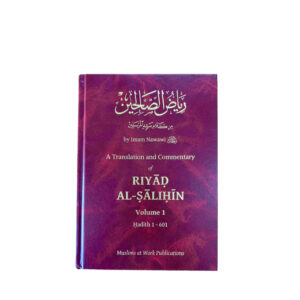 Riyad Al-Salihin Volume 1 by Imam NawawiR899,99
Riyad Al-Salihin Volume 1 by Imam NawawiR899,99 -
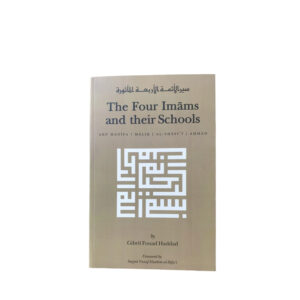 The Four Imams And Their Schools by Gibril Fouad HaddadR499,99
The Four Imams And Their Schools by Gibril Fouad HaddadR499,99 -
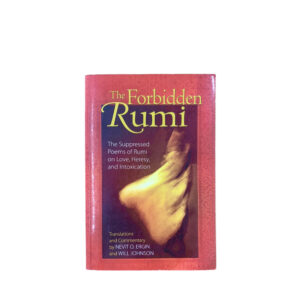 The Forbidden Rumi by Nevit O. Ergin and Will JohnsonR499,99
The Forbidden Rumi by Nevit O. Ergin and Will JohnsonR499,99 -
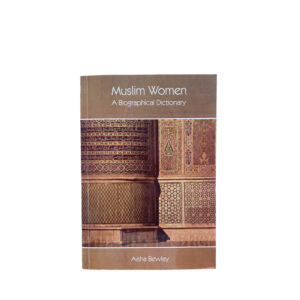 Muslim Women: A Biographical Dictionary by Aisha BewleyR269,99
Muslim Women: A Biographical Dictionary by Aisha BewleyR269,99 -
 Secrets Of Divine Love by A. HelwaR435,00
Secrets Of Divine Love by A. HelwaR435,00 -
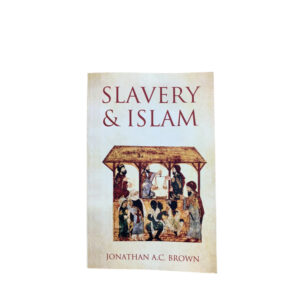 Slavery & Islam by Jonathan A.C. BrownR329,99
Slavery & Islam by Jonathan A.C. BrownR329,99 -
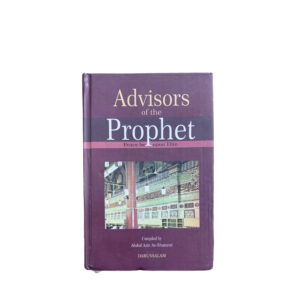 Advisors Of The Prophet by Abdul Aziz As-ShanawiR99,99
Advisors Of The Prophet by Abdul Aziz As-ShanawiR99,99 -
 Dutifulness To Parents by Nitham SakkijhaR49,99
Dutifulness To Parents by Nitham SakkijhaR49,99 -
 The Daughters of Prophet Muhammad by Nafees KhanR274,99
The Daughters of Prophet Muhammad by Nafees KhanR274,99 -
 365 Sahaba Stories by Khalid PerwezR399,99
365 Sahaba Stories by Khalid PerwezR399,99 -
 Children’s Quran Stories: A Classic Treasury by Saniyasnain KhanR369,99
Children’s Quran Stories: A Classic Treasury by Saniyasnain KhanR369,99 -
 Bedtime Quran Stories by Saniyasnain KhanR369,99
Bedtime Quran Stories by Saniyasnain KhanR369,99 -
 Best Loved Quran Stories by Saniyasnain KhanR369,99
Best Loved Quran Stories by Saniyasnain KhanR369,99 -
 The Great Caliphs: Stories of The Sahara for KidsR174,99
The Great Caliphs: Stories of The Sahara for KidsR174,99 -
 The Prophet Muhammad Storybook 1R249,99
The Prophet Muhammad Storybook 1R249,99 -
 The Prophet Muhammad Storybook 2R249,99
The Prophet Muhammad Storybook 2R249,99
Share this post
Leave a Reply
You must be logged in to post a comment.
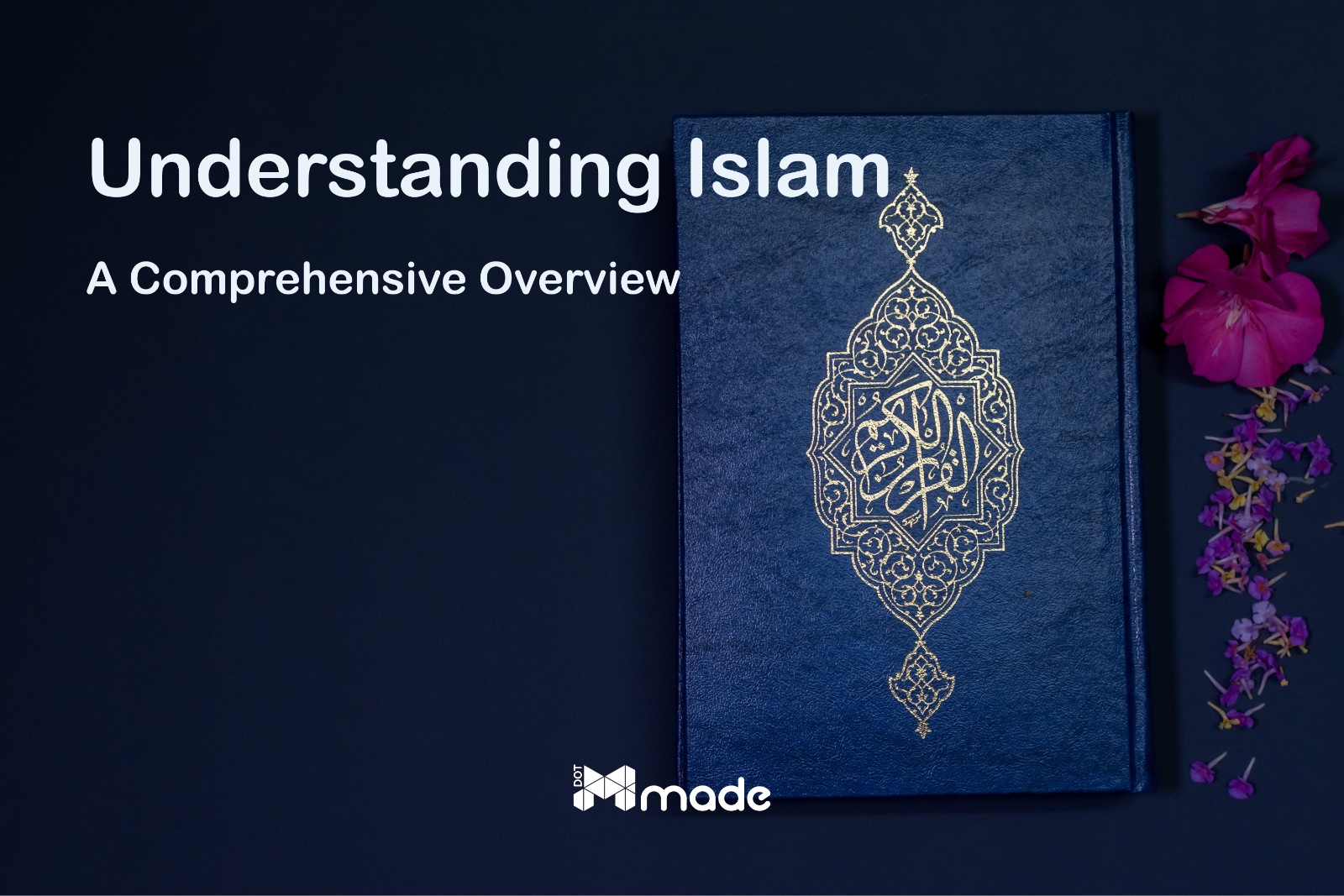








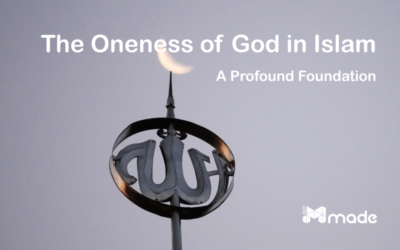

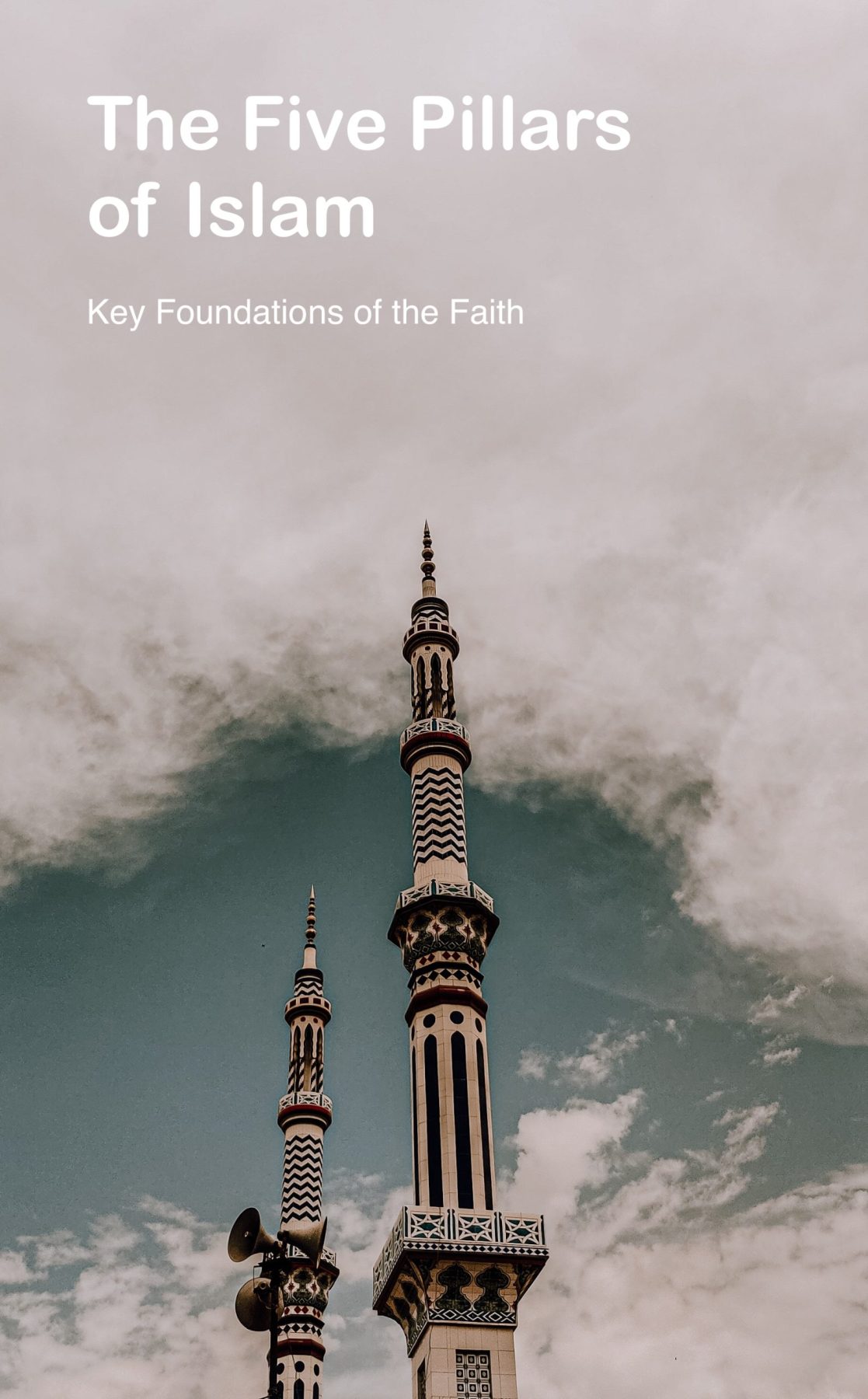
Comment (1)
[…] this religion. In this article, we will delve into the central theme of the Oneness of God in Islam, exploring its unique characteristics, its vital role in the faith, and its profound […]